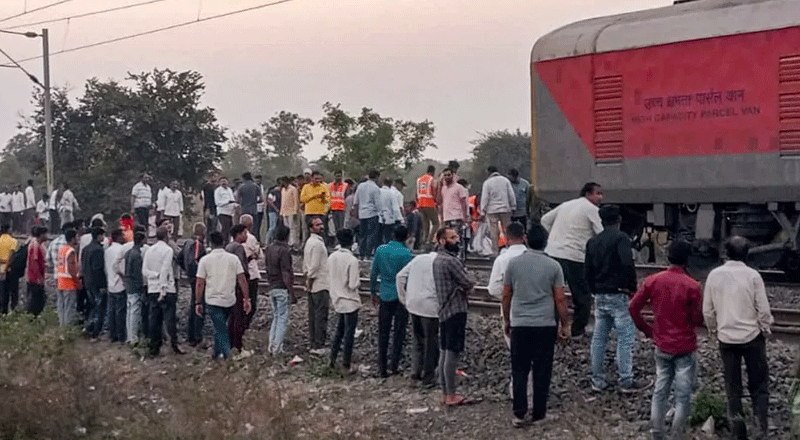Canada’s Latest Immigration Policy Changes
In a significant policy shift, the Canadian government has announced a reduction in the number of study permits issued to international students. The move aims to address the challenges posed by high immigration levels and rising living costs. Prime Minister Justin Trudeau’s administration has decided to cut international student permits by 35% this year, with a further reduction of 10% planned for the next year. This decision marks a critical change in Canada’s approach to managing its temporary resident population.
Details of the New Policy
The new policy will reduce the issuance of international study permits to 437,000 in 2025, down from 509,390 in 2023. Additionally, the number of permits issued in the first seven months of 2024 stands at 175,920. The changes will also tighten eligibility criteria for work permits available to the spouses of students and temporary foreign workers.
Immigration Minister Marc Miller emphasized that coming to Canada is a privilege rather than a right. He asserted that the reduction aims to address abuse of the immigration system and ensure that only genuine visitors are granted entry.
Impact on Indian Students
India has been a major source of international students for Canada. According to recent data, approximately 427,000 Indian students are currently studying in Canada, constituting nearly 50% of the country’s international post-secondary student population. This makes the policy change particularly impactful for Indian students, who might now face increased difficulty in obtaining study permits.
The number of Indians officially registered in Canada has grown significantly over the years, from 670,000 in 2000 to over one million in 2020. The reduction in study permits is expected to discourage many Indian students from choosing Canada as their preferred destination for education and work. As a result, Indian students might consider other countries such as the US, UK, Australia, or European nations for their higher education and career prospects.
Addressing Immigration Challenges
Canada has witnessed a dramatic increase in temporary residents, including workers and students. Statistics Canada reports that the number of temporary residents doubled from 1.4 million in mid-2022 to 2.8 million in mid-2024. This surge has put significant pressure on Canada’s housing, social services, and overall cost of living.
The increase in immigration has also led to public concern. Polls indicate growing sentiment among Canadians that the country is accepting too many immigrants, with rising anti-migrant rhetoric contrasting sharply with Canada’s historically welcoming stance.
Criticisms and Controversies
The new policy has faced criticism from various quarters. The United Nations has labeled Canada’s temporary foreign worker system as a “breeding ground for contemporary forms of slavery,” a characterization that Immigration Minister Miller has dismissed as inflammatory. Critics argue that reducing the number of migrants will not address the underlying issues of exploitation and that providing equal rights and permanent residency status is crucial for protecting workers.
Syed Hussan, Executive Director of the Migrant Workers Alliance for Change, criticized the government for focusing solely on reducing numbers rather than addressing migrant rights. He argued that permanent resident status for all workers would be a more effective solution to exploitation.
Economist Armine Yalnizyan also expressed disappointment with the lack of a plan to transition temporary migrants to permanent status. She highlighted the need for a clear pathway to permanence, given the importance of newcomers to Canada’s economic growth.
Political Context
The timing of the announcement adds to its significance. It comes just a week before Prime Minister Trudeau is scheduled to face a vote of confidence, with opposition Conservatives seeking to challenge the ruling Liberal government. The vote follows recent losses for Trudeau’s party, including a major defeat in a Quebec bypoll.
Trudeau’s administration has been grappling with rising prices and a housing crisis, issues that have fueled voter dissatisfaction. The upcoming confidence vote will be a crucial test for Trudeau, particularly after the New Democratic Party recently reneged on a deal to support the Liberals until October 2025.
Canada’s decision to reduce study permits and tighten work permit eligibility represents a major shift in its immigration policy. While the government aims to address issues related to high immigration levels and system abuse, the policy changes are likely to have a substantial impact on Indian students and temporary workers. The move has sparked significant debate, highlighting the broader challenges facing Canada as it navigates the complexities of immigration and economic pressures.
(With inputs from agencies)





